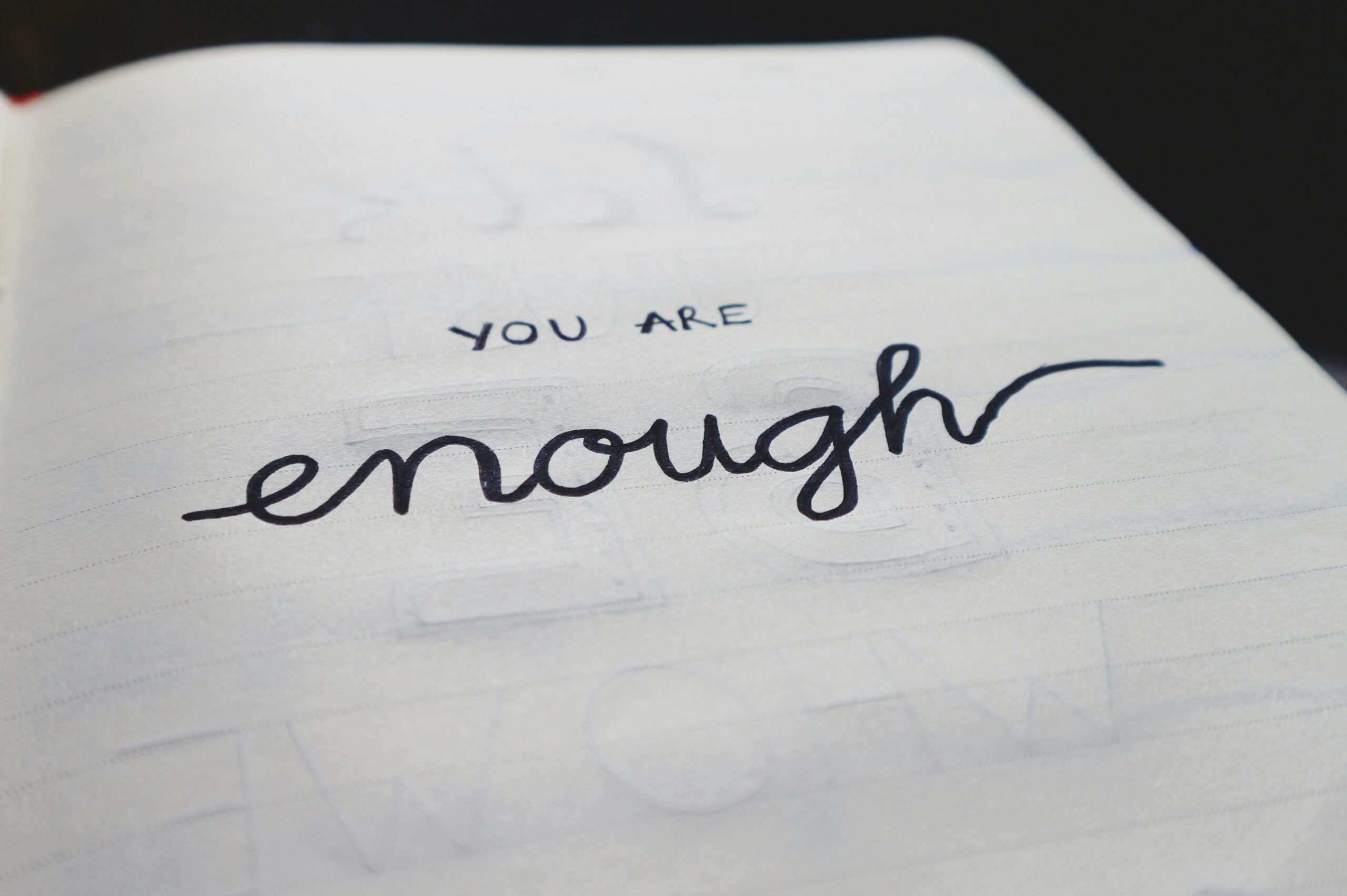We’re often taught to be kind to others—but rarely are we taught how to be kind to ourselves. Self-compassion is the art of treating yourself with the same care, support, and forgiveness that you’d offer to a loved one. It’s not weakness, selfishness, or laziness. In fact, research shows it’s one of the most powerful tools for emotional resilience, motivation, and personal growth.
In this article, you’ll understand what self-compassion really means and how to bring it into your everyday life.
What Is Self-Compassion?
Self-compassion is made up of three key parts:
- Self-kindness – Being gentle instead of critical when you make a mistake or feel pain.
- Common humanity – Recognizing that suffering and imperfection are part of being human.
- Mindfulness – Facing your feelings without ignoring or exaggerating them.
Instead of saying:
“I’m such a failure.”
You say:
“This is hard right now, and I’m trying. I’m human.”
That shift makes all the difference.
Why It’s So Important
1. It Reduces Anxiety and Stress
People who practice self-compassion are less likely to spiral into shame or panic when they mess up. They’re more grounded and calm.
2. It Builds Real Confidence
True confidence doesn’t come from being perfect—it comes from knowing you can handle being imperfect with grace.
3. It Makes You More Resilient
When you fall, self-compassion helps you get back up faster. You don’t waste energy attacking yourself—you focus on healing.
4. It Improves Relationships
People who are kind to themselves tend to be more patient, empathetic, and less defensive with others.
How to Practice Self-Compassion Daily
1. Notice Your Inner Critic
We all have that voice in our heads that says:
“You’re not good enough.”
“You always mess things up.”
Start by noticing it—don’t judge it, just observe. Awareness is the first step to transformation.
2. Talk to Yourself Like You Would a Friend
Ask: “If someone I love was going through this, what would I say to them?”
Now say that to yourself.
Examples:
- “You’re doing your best.”
- “It’s okay to take a break.”
- “This doesn’t define you.”
3. Create a Self-Soothing Ritual
When you’re feeling low, have a go-to routine that brings comfort. It could be:
- Wrapping yourself in a soft blanket
- Making tea and journaling
- Sitting by a window with calming music
- Taking a warm shower and deep breathing
These small rituals send the message: “I’m safe. I’m cared for.”
4. Practice Mirror Affirmations
Stand in front of a mirror and say things like:
- “I’m worthy, even when I make mistakes.”
- “I am enough.”
- “I forgive myself and move forward.”
It may feel strange at first—but your nervous system listens.
5. Give Yourself Permission to Rest
You are not a machine. Your value is not tied to productivity.
Resting is healing. Resting is necessary. Resting is allowed.
6. Celebrate Progress, Not Perfection
Instead of waiting to be “finished” or “flawless,” celebrate small steps:
- “I spoke up even though I was scared.”
- “I chose kindness instead of pressure.”
- “I paused and breathed instead of reacting.”
Those are victories, too.
You Deserve Your Own Kindness
Self-compassion is not self-indulgence. It’s self-preservation.
It helps you stay strong without being hard.
It helps you grow without burning out.
It helps you live fully—without needing to be flawless.
You already give so much to others. You deserve some of that grace for yourself.
